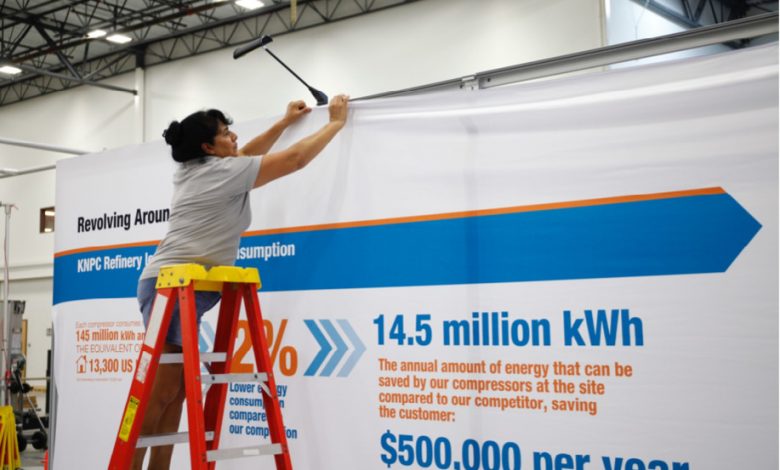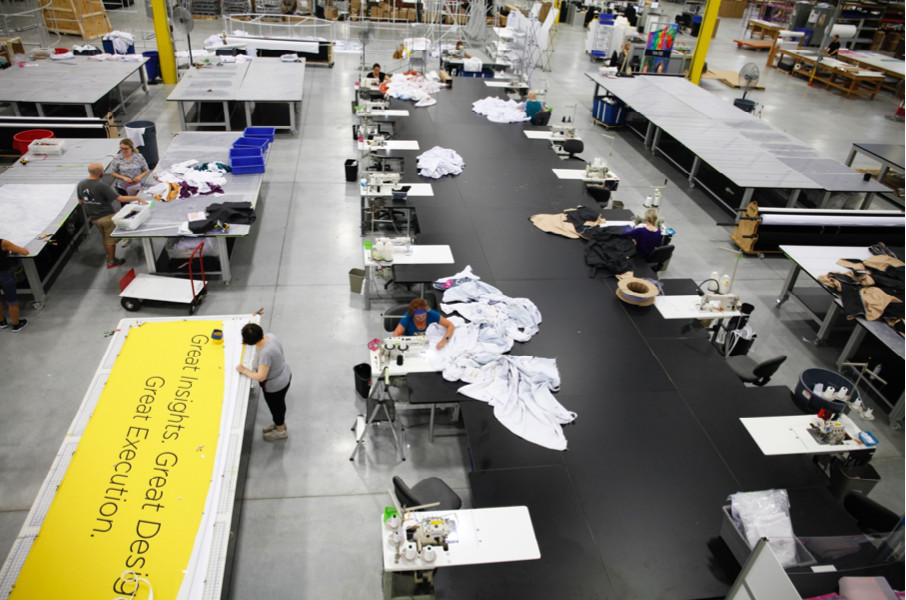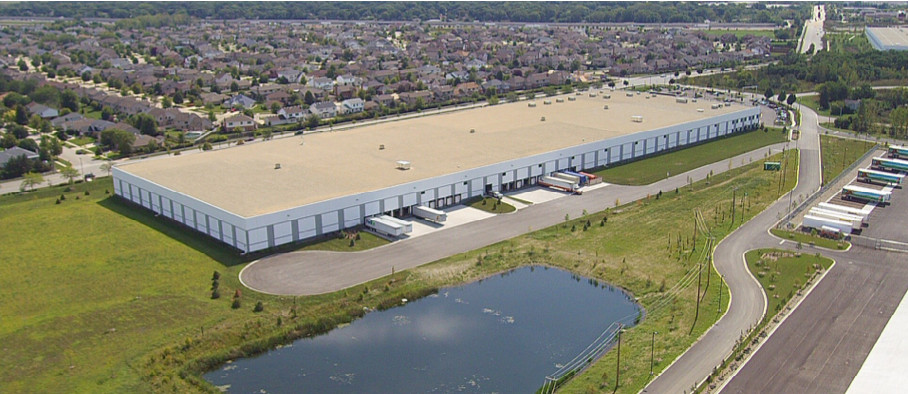Optimizing Your Relationship with a Wholesaler
Working with a wholesaler can help you seek out and fulfill orders that you can't do in-house, boosting your bottom line.
You’ve run the numbers, and done the math, and you find yourself at a crossroads. You’re in a great spot, with more work than you can currently handle. But does it make sense to do a major investment in equipment and staff training to get the job done, or, instead, consider the option of working with an outside partner?
Order fulfillment through an outside wholesaler printer can be a useful and profitable option for many smaller shops, as wholesalers have the resources, the staff and the volume to allow you to please your own customers-without requiring you to expand your own production capabilities.
Experts in the wholesale printing business say that prospective customers should do a little research about the products, capacity and the general business style of a wholesaler partner, more than just basing the decision on the best price. They can also learn how to use the wholesaler’s digital resources to make turnaround quicker, optimizing profit.
Mike Hodgins, who runs John’s Studio Wholesale in western New York, says that pricing transparency-or a lack thereof-is the first sign you’ve found a legit wholesaler to work with.
“If everyone can see a wholesaler’s prices, then they’re not a wholesaler,” Hodgins says. “We run a password-protected website that only certain resellers can access. It lets us tell them our costs, and also lets them know we’re not selling to your customers, as well.”
Natalie Whited, vice president of marketing for Orbus Exhibit and Display Group, a wholesaler based in suburban Chicago, agrees that the wholesaler-reseller relationship is critical, as it allows smaller shops to create a profitable arrangement.
“It’s up to our dealer customers to set prices in their marketplace, and we don’t publish any prices-that’s up to their own unique marketing plan,” she says.
Most established wholesalers have a comprehensive e-business platform which allows certified resellers full access to product inventory, a dedicated sales and servicing team, as well as advanced services such as art and design.
Once you’re approved to work with a wholesaler, most transactions are fully electronic, and product turnaround and delivery can take place in mere days. Hodgins says starts his customers with a sales and product kit, and can take design orders via PDFs, email or Dropbox, expediting the whole process.
“After we’ve done the onboarding, our prospective dealers call us and are assigned to a salesperson,” Whited says. “If they’ve got a reseller’s certificate, that helps establish credit with us-we do credit card transactions at the start, but after that, we can set up a net-30 credit arrangement. And as we build that relationship, those who place larger orders will have more leverage for better pricing.”
In addition to issues of pricing, wholesalers suggest sign makers do their homework on a potential wholesaler partner’s products-can they deliver what they promise?
“I’d say the key factors are reliability, speed and ability to get product to you on a timeline,” Whited says. “If you end up with lesser quality products, that could tarnish your relationship with your own customers. To that end, we deliver in record speed, with top quality and total color consistency.”
Hodgins says the relationship goes both ways, as well. He’s happy to work with smaller shops who simply don’t have the equipment or capacity for specialized jobs, and to that end, John’s Studio Wholesale has built its business on offering a range of specific products.
When very few sign shops had vinyl cutters, the company specialized in wholesale banners, with one-day service and quick delivery along the East Coast. Screen printing was also a big business opportunity. Times have changed and Hodgins says he’s had to anticipate new markets, to better work with his existing wholesale customers.
“The key for us is knowing what people don’t or can’t do in-house, and looking over the horizon for the next big thing that people can retail,” he says. “A new area for us is offset thermography, sort of a narrow niche, but it’s something we can do, as very few others do it. We still do banners, mostly digitally, but some shops now have their own equipment to do so. Screen printing is also still fairly robust, mostly because we have a price point and niche for certain types of products. But we’ve also moved into other specialties, printing plastic parts or working with specialty substrates.”
Whited says capacity is also her company’s major calling card, and Orbus’s 26,000 square-foot-per-hour output capability can save smaller shops time and money with jobs they likely wouldn’t be able to produce with the same ease.
“We’re set up to do highly efficient printing, with huge finishing capacity-we can turn out a tent canopy in minutes, and then we have 130 people on our graphics team to finish and sew the products,” she says.
Customer service is critical to the wholesaler-client relationship, and both sources suggest smaller shops seek out a wholesaler partner who is able to make ordering and fulfillment a snap.
“It’s critical to offer services and products that are unique, as pricing doesn’t really vary all that much anymore, due to all the competition,” Hodgins says. “So we really focus on good, helpful customer service. We can also help with design and troubleshooting, and walk a customer through the entire process.”
“We try to function as an extension of that sign shop’s team, so our customer service is a great reflection of their own business,” Whited adds. “I think our prices are also super fair, lower than some, and right in the middle.”



